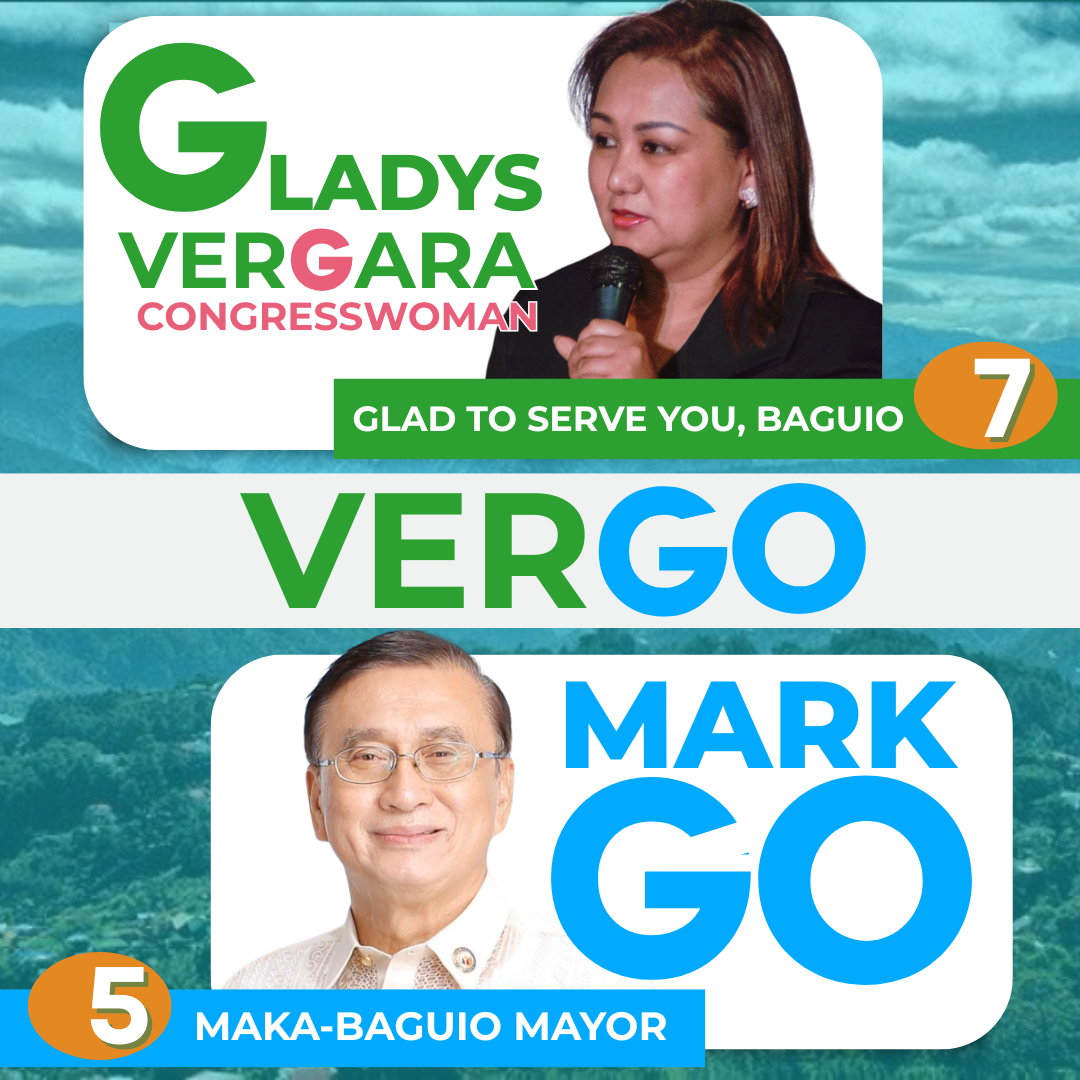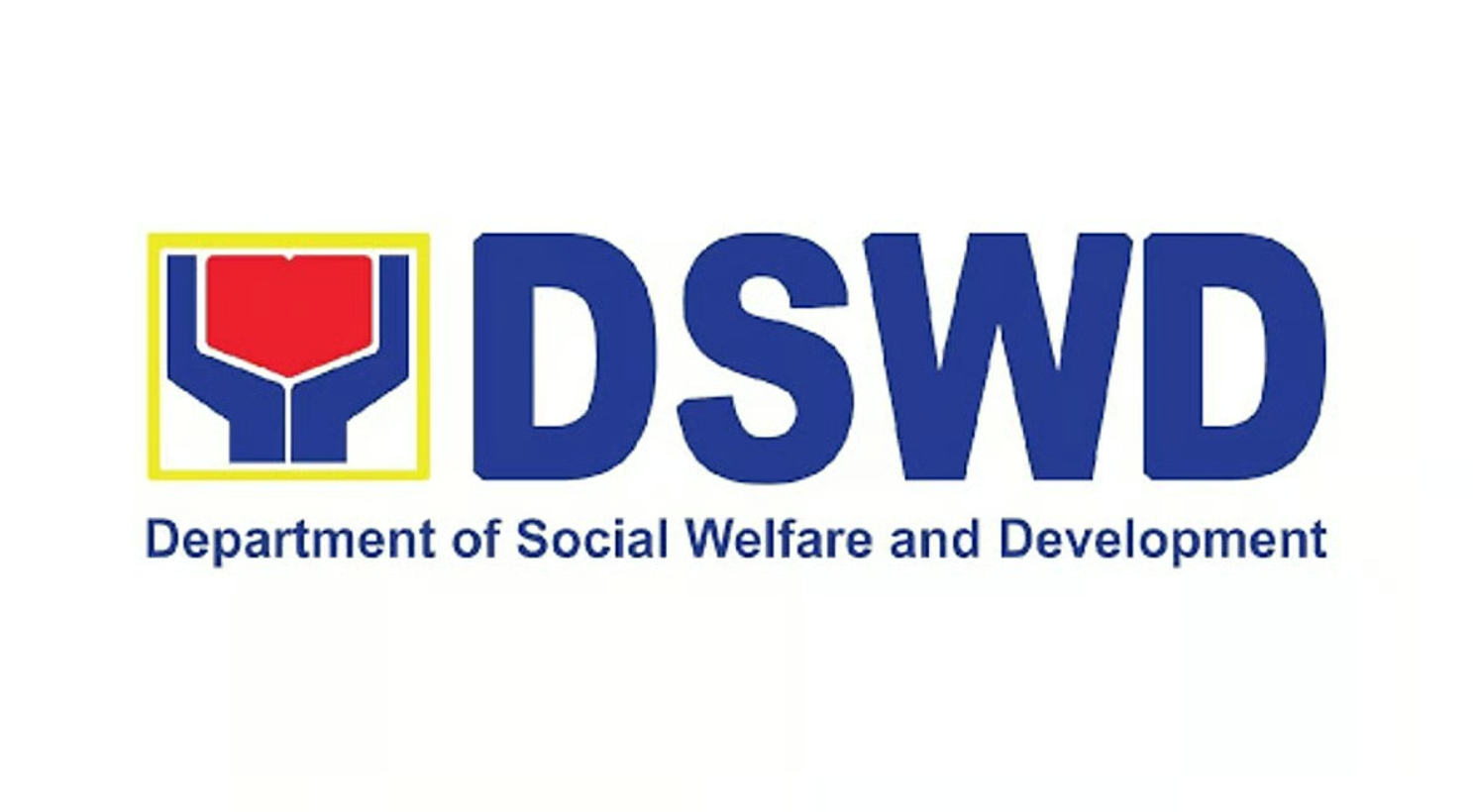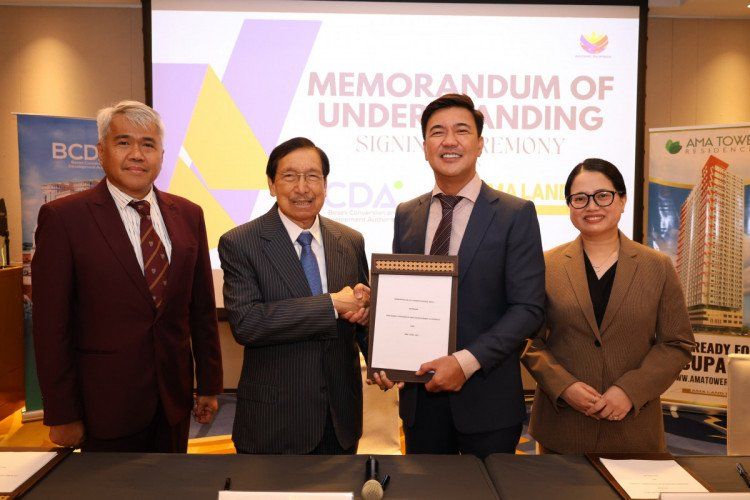In Baguio’s Election Circus, Voters Deserve Clarity
Andy Ignacio — April 27, 2025
In Baguio’s Election Circus, Voters Deserve Clarity

A PHOTO OF THE 'VERGO' TANDEM IS MAKING ROUNDS ON SOCIAL MEDIA.
In Baguio City’s current campaign season, political alliances are shifting so rapidly, even the most seasoned observers are struggling to keep up. Candidates once seen as adversaries are suddenly appearing side by side on social media art cards - unofficial, unexplained, and yet increasingly influential. And for the average voter, the result is a dizzying blur of mixed messages, strategic ambiguity, and, frankly, confusion.
Take the curious case of Mark Go and Gladys Vergara. Go, running under the Nacionalista Party banner with his Maka-Baguio team, is challenging for the city’s top post. Vergara, a congressional aspirant with the Nationalist People's Coalition, leads her own independent-spirited slate, Glad to Serve You, Baguio. Two different parties. Two distinct platforms. And yet, there they are - quietly presented as a pair on a circulating image online, suggesting a tandem that neither campaign has officially acknowledged nor disavowed.
It would be easier to dismiss this as a one-off social media oddity were it not gaining real traction among voters. The so-called “VerGo” pairing (a portmanteau of Vergara and Go) appears to offer a compelling alternative in a race that has otherwise become mired in old rivalries and tangled loyalties. And perhaps that’s why it resonates. At a time when traditional party lines seem more performative than principled, even an unofficial duo can feel like a breath of fresh air.
But beneath the novelty lies a more troubling reality: the incoherence of today’s local political landscape. Consider this - Go’s own wife, Sol Go, is also vying for the congressional seat, directly opposing Vergara. If there’s an elephant in the room, it’s not hiding; it’s campaigning. Yet the issue remains conspicuously unaddressed, as candidates pose together in smiling photos, leaving voters to wonder whose side anyone is truly on.
Meanwhile, another silent battle brews between mayoral contenders Benjamin Magalong, running with the Good Governance Alliance (GGA), and Mark Go. What was once a rivalry of ideas and leadership styles has become an exercise in strategic silence and subtle jabs. As factions form and fracture, the field grows more convoluted.
And then there is Timpuyog ti Baguio, a coalition now seemingly relegated to the sidelines - present, but increasingly peripheral in a narrative dominated by louder, more volatile matchups.
In this tangled arena, Vergara’s campaign has emerged with surprising clarity. Her Glad to Serve You, Baguio team, though small in scale, is focused and consistent—highlighting issues like employment, healthcare, sustainability, and land rights. In contrast to the political theater enveloping the city, Vergara’s approach has remained refreshingly grounded.
But even that stability risks being overshadowed by the circus around it. Because when unofficial tandems outshine official platforms, and art cards carry more weight than campaign manifestos, something in the electoral process is clearly broken.
And looming in the background, almost predictably, is Mauricio Domogan - still present, still campaigning, still clinging to slogans that have long outlived their relevance. His perennial appearances in the city’s political story underline a broader issue: the reluctance of Baguio’s old guard to pass the baton.
The people of Baguio deserve better.
They deserve leadership that is transparent in its alliances, clear in its intentions, and grounded in service - not optics. They deserve candidates who know not only when to step forward but also when to step aside.
With less-than-ideal clarity and more than enough noise, the onus now falls on voters to parse through the mixed signals, decode the contradictions, and discern who is truly running for them, not merely for office.
Because in a city as proud, vibrant, and complex as Baguio, another art card simply won’t cut it.




